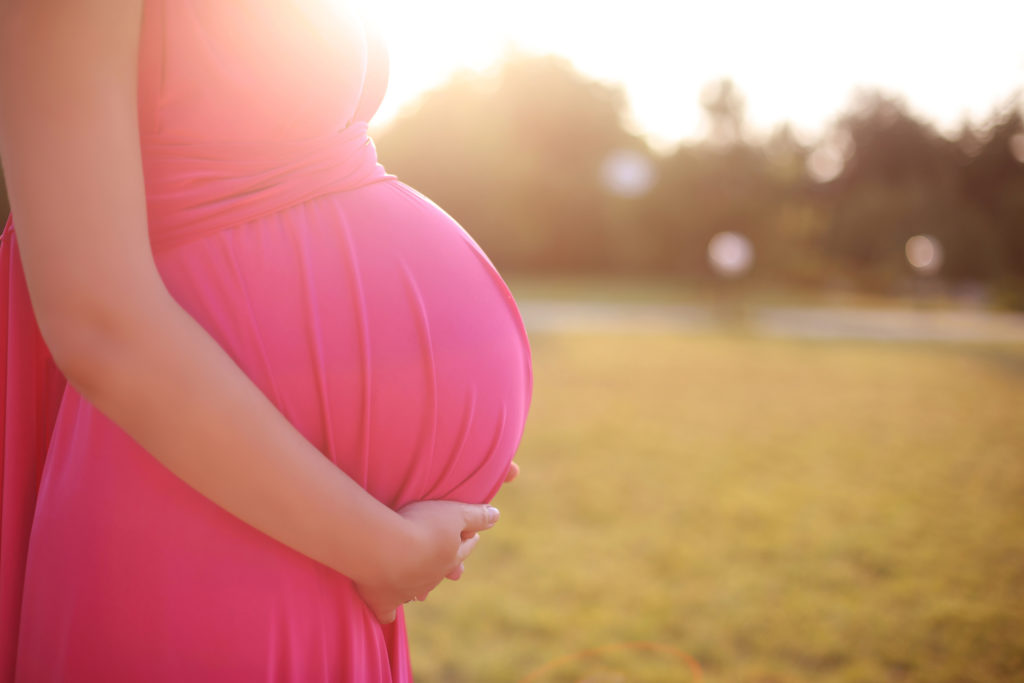Women's Health
What should I know about anemia during pregnancy?
Pregnant women will need double the blood supply while pregnant. As such, they are at a higher risk of suffering from anemia due to the excess amount of blood the body has to produce. But what is anemia, and how can you prevent it? Below is some information about anemia you should know if you are an expecting mother.
What is anemia?
Anemia is a medical condition where the red blood cell count is lower than normal1. This causes a lack of oxygen to flow through to the tissues in the body2. The normal blood cell level for a woman is more than 12.0 gram/100 ml1. It is normal to experience a mild case of anemia while pregnant, but a mother can also have more severe anemia from low iron, low vitamin levels, and other reasons3.
What are the causes?
There are over 400 different types of anemia but the leading cause in the U.S. is iron-deficiency anemia2. 15% – 25% of all U.S. pregnancies experience iron deficiency.
Iron is a mineral in red blood cells that helps carry oxygen from the lungs to the rest of the body2. When iron levels are low, the anemia symptoms start to kick in.
Other common types of anemia include3:
- Folate-deficiency anemia – low folate levels (folate is found in leafy vegetables and cereals)2
- Vitamin B12 deficiency anemia – low vitamin B12 (found in meats and dairy products)3
All anemia types are similar in the sense that they cause low levels of whatever mineral or vitamin is associated with the anemia. These low levels this causes the low red blood count2.
What are the most common symptoms?
- Weakness and/or fatigue
- Pale skin, lips, and nails
- Rapid heartbeat
- Shortness of breath
- Chest pain and cold hands and feet2
Effects on mom and baby2:
- Low birth weight
- Premature birth
- Maternal mortality
Treatments:
A healthy and balanced diet can not only help prevent anemia but can also help treat it if it is already diagnosed. Adding foods containing iron and vitamins to your diet is typically sufficient to reverse the effects of anemia2.
Professionals recommended pregnant women eat at least 30mg of iron a day2.
Foods containing iron include2:
- Red meats and poultry
- Eggs
- Broccoli and spinach
- Nuts and seeds
- Beans and lentils
Though eating a well-balanced diet is essential, you can’t forget your prenatal supplement! It will help you ensure you get everything you need to prevent anemia.
Foods containing high vitamins include2:
- Citrus fruits and juices
- Strawberries
- Oranges
- Tomatoes
- Peppers
Severe anemia cases may require receiving blood transfusions3. Always consult with your doctor about symptoms you have.
Shop Forte Supplement Products
1- FACEP, J. R., & MPH, S. N. (n.d.). Anemia Symptoms, Treatment, Causes – What is anemia? Retrieved February 01, 2017, from http://www.medicinenet.com/anemia/page2.htm
2- Anemia During Pregnancy: Causes, Symptoms & Treatment. (2016, October 12). Retrieved February 01, 2017, from http://americanpregnancy.org/pregnancy-concerns/anemia-during-pregnancy/.
3- Anemia in Pregnancy: Causes, Symptoms, and Treatment. (n.d.). Retrieved February 01, 2017, from http://www.webmd.com/baby/guide/anemia-in-pregnancy#1.


